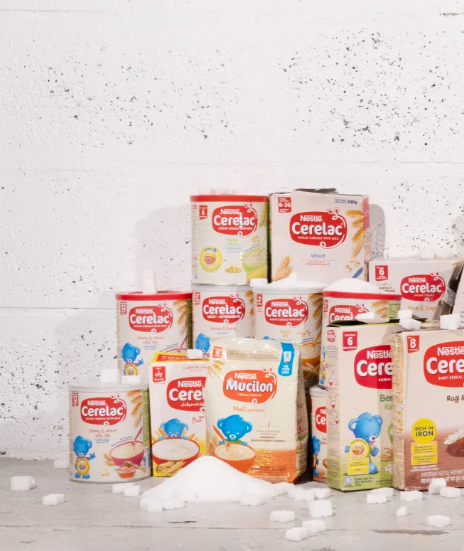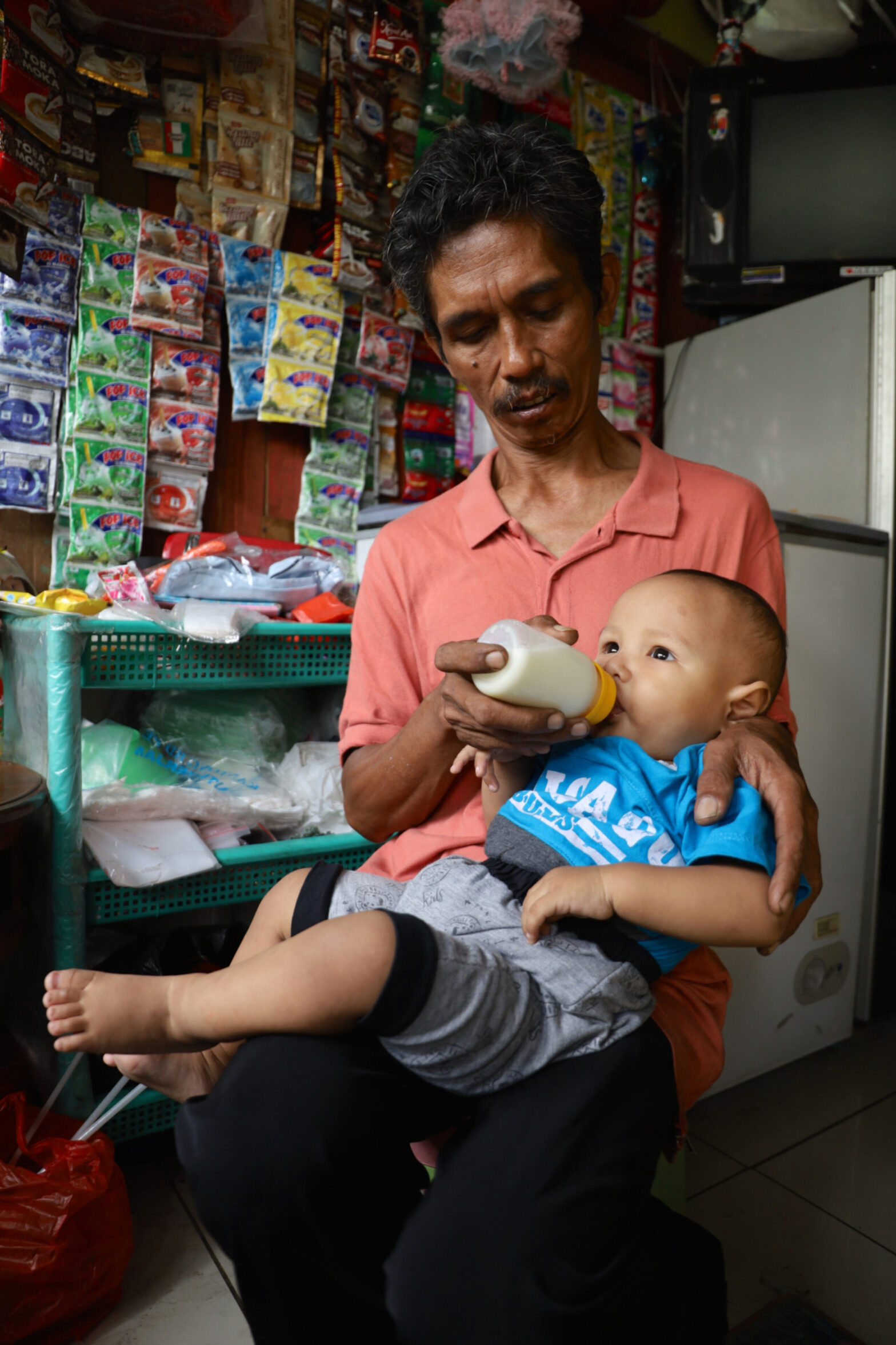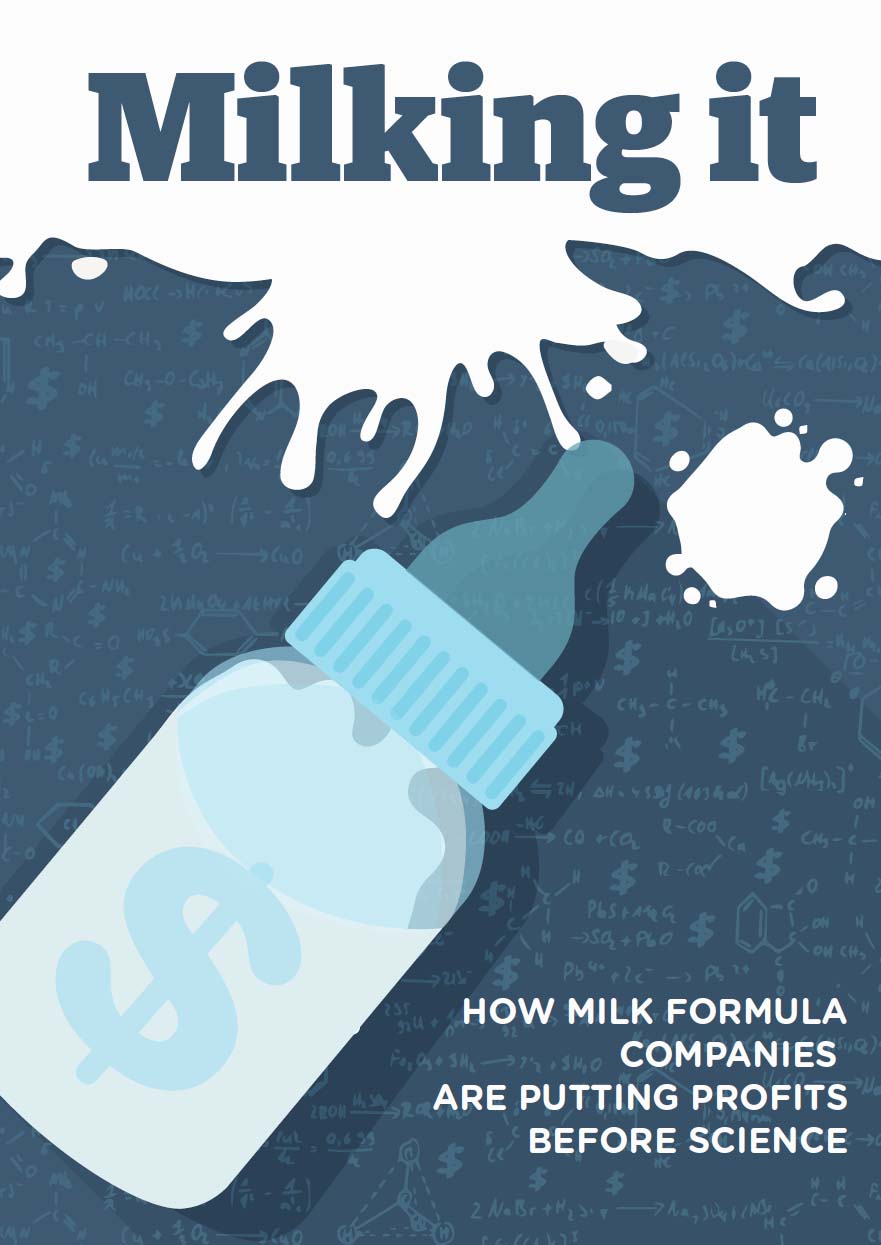Marketing of commercial milk formula during COVID-19 in Indonesia
Baby food marketing poses a substantial barrier to breastfeeding, whichadversely affects mothers’ and children’s health. Over the last decade, thebaby food industry has utilised various marketing tactics in Indonesia, includingdirect marketing to mothers and promoting products in public spaces and withinthe healthcare system. This study examined the marketing of commercial milkformula(CMF)andotherbreast‐milk substitute products during the COVID‐19pandemic in Indonesia. Using a local, community‐based reporting platform,information on publicly reported violations of the International Code ofMarketing of Breast‐milk Substitutes and subsequent World Health Assemblyresolutions (the Code) was collected. It was found that a total of 889 reportedcases of unethical marketing of such products were recorded primarily throughsocial media from May 20 through December 31, 2021. Our results suggest thatthe COVID‐19 pandemic has provided more opportunities for the baby foodindustry in Indonesia to attempt to circumvent the Code aggressively throughonline marketing strategies. These aggressive marketing activities include onlineadvertisements, maternal child health and nutrition webinars, Instagramsessions with experts, and heavy engagement of health professionals andsocial media influencers. Moreover, product donations and assistance withCOVID‐19 vaccination services were commonly used to create a positive imageof the baby food industry in violation of the Code. Therefore, there is an urgentneed to regulate the online marketing of milk formula and all food and beverageproducts for children under the age of 3.
Author:
Irma Hidayana, Lianita Prawindarti, Nia Umar, Kusmayra Ambarwati, Fitria Rosatriani
© 2023 The Authors. Maternal & Child Nutrition published by John Wiley & Sons Ltd.https://doi.org/10.1111/mcn.13491





